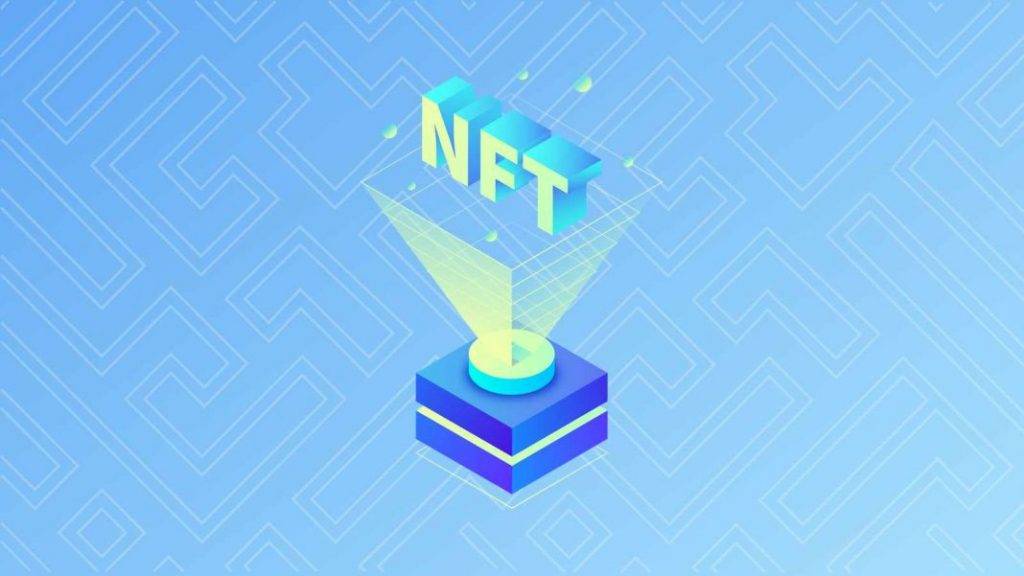In recent years, Non-Fungible Tokens (NFTs) have revolutionized the way we perceive and interact with digital assets. NFTs represent unique, indivisible tokens that can be used to establish ownership and provenance over digital items, such as artwork, music, videos, and more. At the heart of the NFT ecosystem lies the NFT marketplace, a platform that connects creators, collectors, and enthusiasts. In this blog post, we will delve into the world of NFT marketplace solutions and the role they play in empowering creativity and ownership.
The Rise of NFTs and their Unique Attributes
NFTs have gained immense popularity due to their unique attributes. Unlike cryptocurrencies such as Bitcoin or Ethereum, NFTs are indivisible and cannot be exchanged on a one-to-one basis. Each NFT represents a distinct digital asset, ensuring uniqueness and authenticity. Additionally, NFTs are built on blockchain technology, providing transparency, immutability, and security.
Connecting Creators and Collectors
NFT marketplaces serve as a bridge between creators and collectors, enabling the buying, selling, and trading of digital assets. These platforms offer a space for artists, musicians, gamers, and other creators to showcase their work and connect directly with their audience. Collectors, on the other hand, have the opportunity to discover and acquire unique digital assets that align with their interests and preferences.
Seamless User Experience and Interface
An effective NFT marketplace solution prioritizes user experience and offers an intuitive interface. It allows creators to easily mint their digital assets into NFTs, set royalties or licensing terms, and list them for sale. Similarly, collectors should be able to browse, search, and discover NFTs effortlessly, with seamless transaction processes and secure payment options.
Smart Contracts and Automation
NFT marketplaces leverage smart contracts, self-executing agreements stored on the blockchain, to automate various processes. Smart contracts facilitate the minting, buying, selling, and transferring of NFTs, ensuring trust, transparency, and efficiency. They also enable creators to earn royalties each time their NFT is sold or traded, ensuring ongoing benefits for their work.
Secondary Market Support and Liquidity
One of the key advantages of NFTs is their ability to be bought, sold, and traded on the secondary market. A robust NFT marketplace solution should provide comprehensive support for secondary market transactions, allowing collectors to resell their NFTs and creators to earn royalties from subsequent sales. This feature enhances liquidity, incentivizes creators, and encourages continued engagement within the ecosystem.
Community Engagement and Social Features
Successful NFT marketplaces foster a sense of community and encourage interaction among creators and collectors. Social features such as comments, likes, and follows enable users to engage with each other, build relationships, and discover new artists and trends. Community-driven initiatives, such as collaborations, competitions, and events, further enhance engagement and drive excitement within the marketplace.
Curation and Discovery Tools
With the growing number of NFTs available, effective curation and discovery tools are essential to help users navigate through the vast selection of digital assets. NFT marketplaces often incorporate algorithms, tags, categories, and trending sections to curate and showcase popular and noteworthy NFTs. These tools facilitate exploration, discovery, and exposure for both established and emerging creators.
Scalability and Sustainability
As the demand for NFTs continues to soar, scalability becomes a critical consideration for NFT marketplace solutions. Robust infrastructure and efficient blockchain technologies are necessary to handle increasing transaction volumes and maintain a smooth user experience. Moreover, sustainability measures, such as utilizing energy-efficient blockchains or offsetting carbon emissions, are important to address environmental concerns associated with NFTs.
Conclusion
NFT marketplace solutions have played a pivotal role in shaping the NFT ecosystem, enabling creators to monetize their digital assets and collectors to acquire unique and valuable items. By providing a seamless user experience, leveraging smart contracts, and fostering community engagement, these platforms have empowered creativity, ownership, and new economic opportunities. As the NFT space continues to evolve and expand, innovative marketplace solutions will continue to drive its growth, connecting creators and collectors in an increasingly vibrant and decentralized digital art economy.


No comments yet